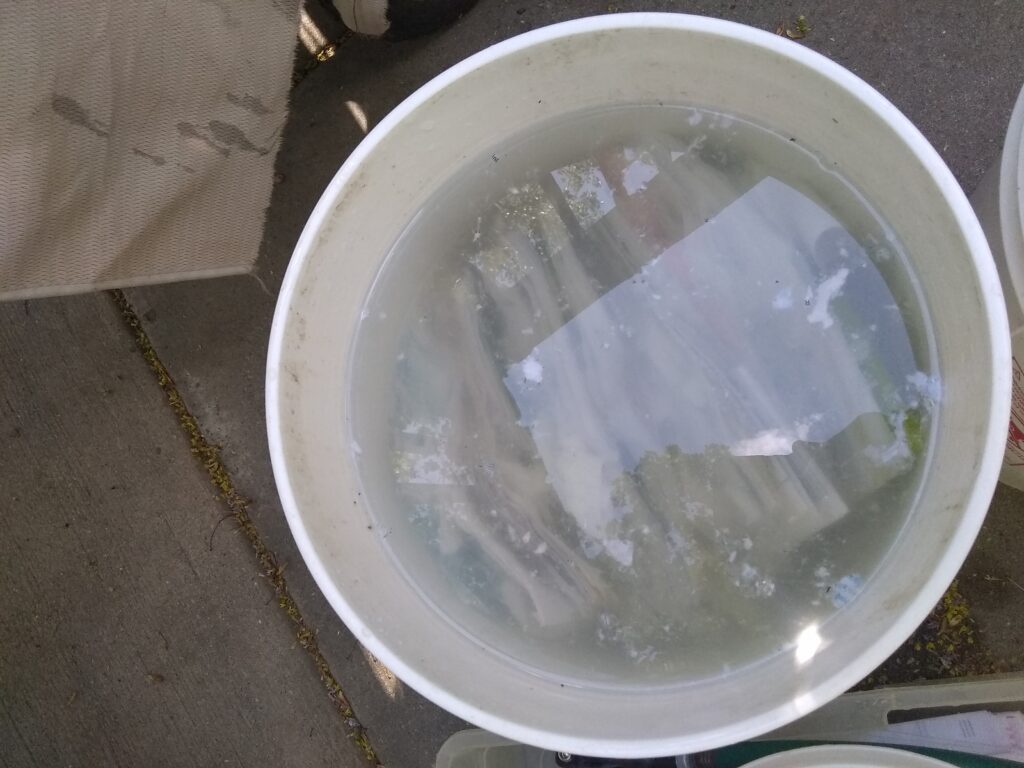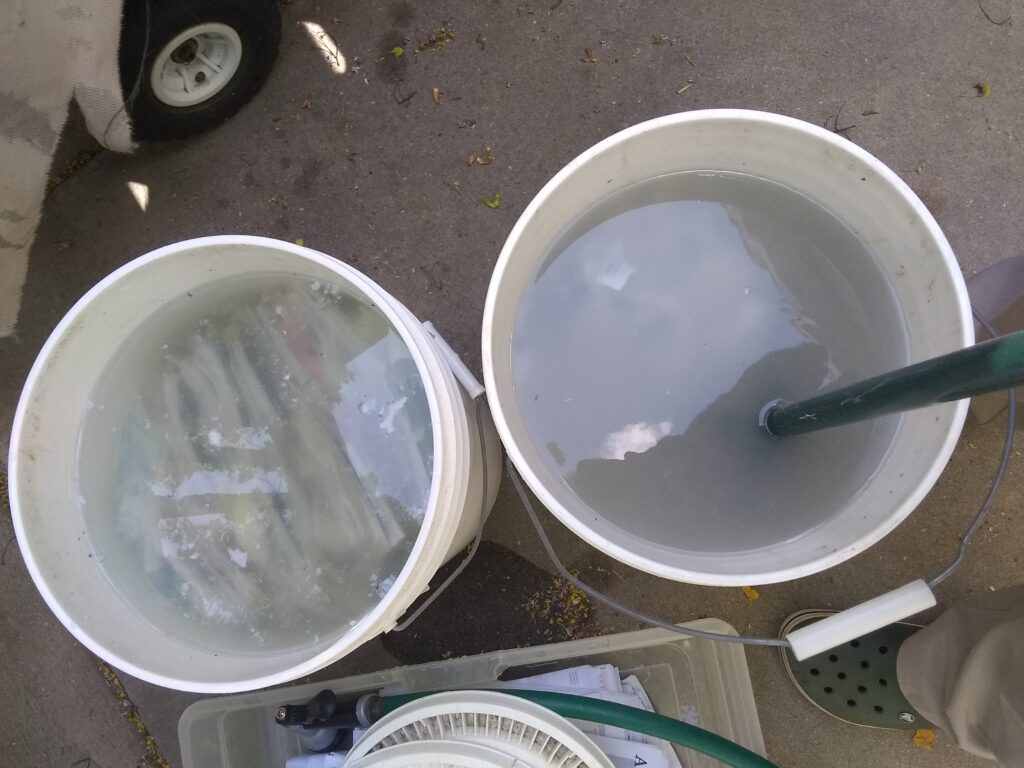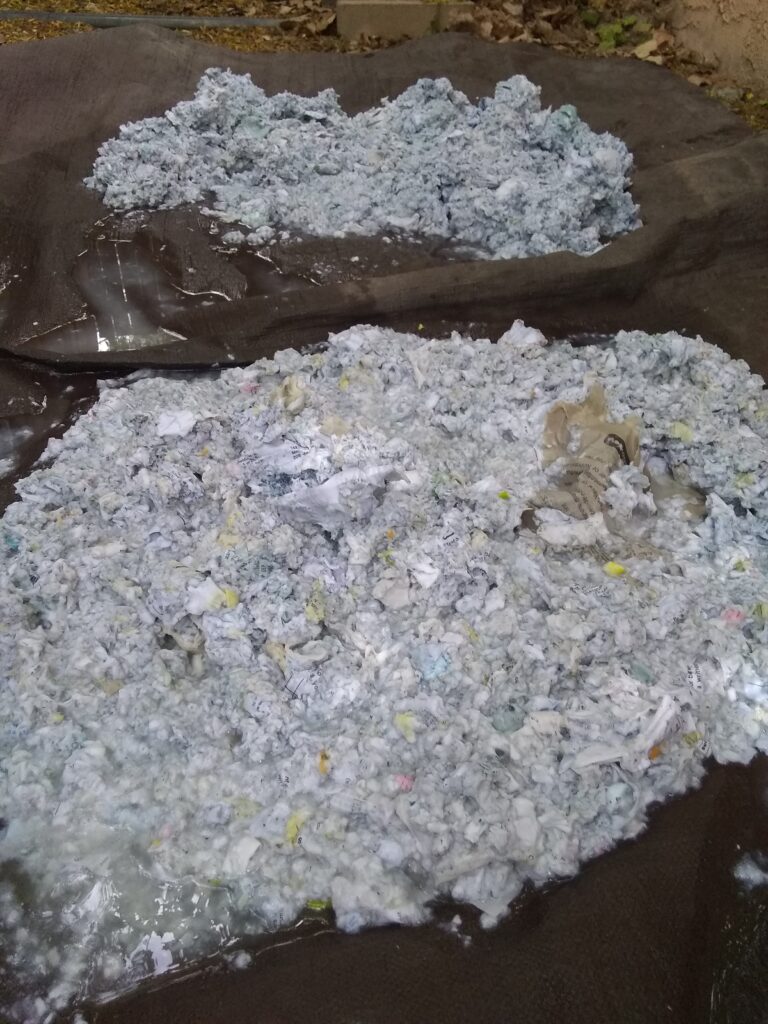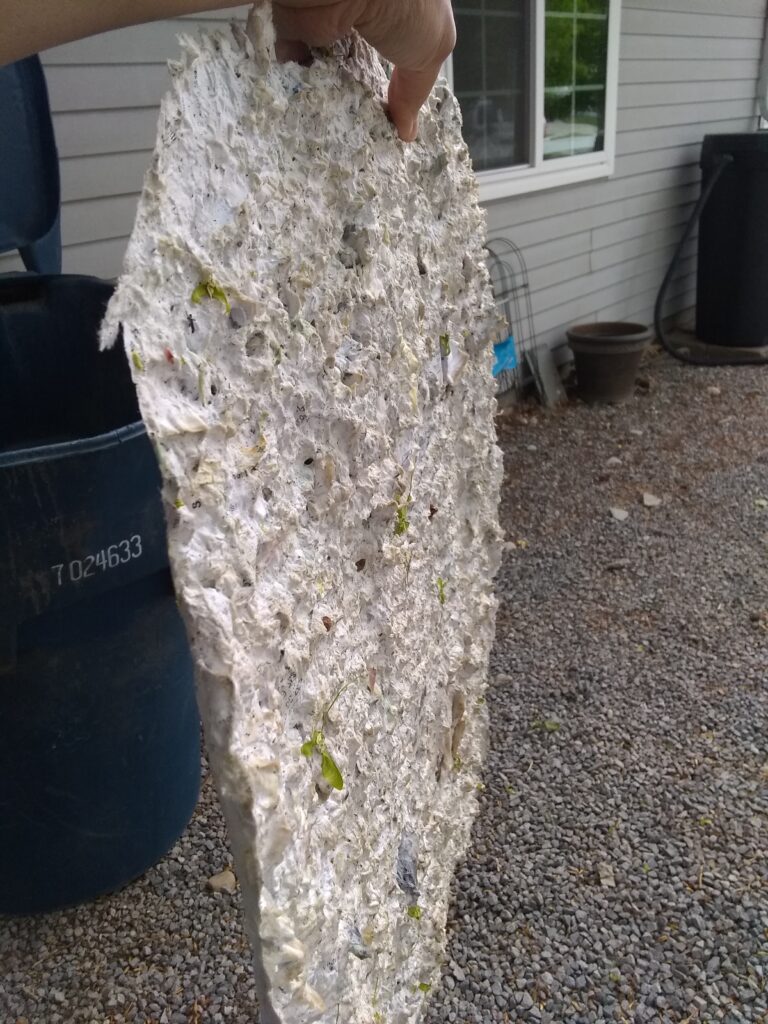I’m a budgeting fanatic. Or at least I have been before, and I am once again. For the previous several years I’ve been more of a monetary monitor until I finally realized what I was doing and decided I had to stop it. I’ll get to that in more detail later. But let’s start from the beginning.
I love to organize things. Not everything, mind you. My desk is a mess, and I’m pretty sure my poor mother despaired of my room ever being clean. But some things were worth organizing and tracking. Like Halloween candy. I always found Halloween to be something of a letdown. It’s fun getting the candy, and it’s fun glutting yourself on all that candy, but then it’s gone, and you realize you never really appreciated what you had.
One year, probably around the time I was eight, I decided to change that. Rather than eat all my Halloween candy I instead ate some, and saved the rest. I actually inventoried my candy, and found places in my room where I could hide small stashes of it–partly because I didn’t want my older brother to find out and eat it, but also because I wasn’t sure if my mom would approve. The goal was to eat only one piece of candy a day, and I mostly stuck to that plan. I’m pretty sure there were some days when I allowed myself “just one more” a time or two, just as I’m also sure there were days I forgot. In any case, I stretched my Halloween haul out past Valentine’s Day.
I wasn’t as good with money. Around that same time period I got a newspaper route–with my mother as a partner, since I wasn’t actually old enough. We’d split the monthly take, and according to our deal, I’d set some aside for tithing and for savings, but the rest was mine to do whatever with. Sometimes I’d see something I wanted to save up for and do so, but most of the time I could have it all spent by the next payday.
Though I changed jobs and increased my income, I continued that pattern pretty much through college. I always made sure I set aside enough for tuition, but I wasn’t overly great at saving for a rainy day.
Then I graduated, got a real job, and moved in with my older brother for a few months. Consciously or not, my brother became my financial mentor. He and his wife were making good money, and were in firm control of it (much to my surprise; my brother could spend money even faster than me when we were younger). He’s the one who taught me to budget.
Then I got married, and to borrow a colloquialism, “excrement became concrete.” I married a gem of a wife who had lived in the former Soviet Union, which is the more recent equivalent of having lived through the Great Depression. Twenty years, three kids, and several pets later we are still amazed we were able to live on what we had then. I’m pretty sure we spend more on groceries in a week now than we spent in a month back then.
As time passed our income increased, but we managed to keep our expenses from increasing to meet it. Then I lost my job in the Great Recession of 2009-2011. We tightened our belts and cut back on the budget, and were able to make it for two years before I found another job that came close to matching our previous income. We had to relocate to another state, but everything looked fine once again.
But about that point something went wrong–or perhaps a number of things all went wrong. The area we moved to was more expensive than we thought. The house we bought needed some work. Part of my income (residuals from a business venture I had to leave behind) was unpredictable. The kids started getting expensively older. I had grown weary during my prolonged unemployment of worrying about money. I don’t know; one or all of these played a hand it it. The bottom line is I stopped paying close attention to money.
I was still tracking it. I still had my budgeting tools. But so long as we had money left over at the end of the month I was okay with it. I didn’t worry too much beyond that.
A few years ago that began to change. I think my kids were the main catalyst. My oldest, a daughter, was about to graduate from high school and wanted to go to an art school in Canada. I didn’t want to be the one to crush her dreams, so I told her if she would focus on getting good enough at art to get accepted, I would worry about paying for it. I had another son who took tennis lessons, and another who discovered competitive mountain biking. We were covering it all, but I could see the time was rapidly approaching when we wouldn’t be able to keep up.
It was about then I realized that tracking our expenses wasn’t cutting it. It was about the same as standing on the corner of a busy intersection counting how many car crashes occurred. I knew where our money was going, but I was doing nothing to determine whether that was the best use of it, let alone trying to slow the spending. Something had to change.
First step was to start paring down our budget. Little extravagances had been creeping in year after year, along with quiet increases in the cost of living. I got as brutal as I could be and found a couple hundred dollars a month that we didn’t need to spend. We made the kids start getting jobs to cover some of their fun on their own.
But I still wasn’t using my budget correctly. I was still only keeping track of where the money was going. Finally, around six months ago, I decided my tools weren’t cutting it any more. I started looking around for something better.
Enter my older brother, again.
He told me about an online tool he used, one that he paid a small monthly fee for. Double red flag! In spite of my career in IT (or perhaps because of it) I don’t really trust “the cloud”, and definitely didn’t like trusting my financial information to it. And I didn’t like the idea of paying a monthly fee, however small, for something I could do for myself for free. But my brother recommended it, the first month was free, and Quicken was going to force me to a subscription plan as well soon. I decided to try it.
The tool was called You Need a Budget, or YNAB. And I didn’t really “get” it. Yeah, it was similar in approach to an old spreadsheet I’d built once, but as the end of the free trial rolled around I didn’t really see the benefit, other than it was easy to use. And about that same time I learned my job of eight years was going away at the end of the year. Subscription software? No way.
But I gave it one more month, partly because my brother would get a free month if I did (and I was already sponging off him for several streaming services), and because something told me that, even if I wasn’t “getting” YNAB, there was still something there to be gotten. I kept going. The monthly fee wasn’t that big, and even cheaper if you signed up a year at a time. And I could still cancel it.
The year and my job ended, and then suddenly I had landed a new job–with a nice jump in salary. And over those two months I’d learned some more things about YNAB that made a huge difference. I changed my way of thinking about money, and found that YNAB along with some other strategies (also from my brother, come to think of it), was giving me what I had been missing before: control. I was no longer a passive observer, dutifully noting the flow of money toward bills. I was making conscious decisions about each and every dollar, and was finding that more and more of them were going into savings and into investing.
When we first moved and I got started in my new job I swore to myself that I would carefully control my budget so that the residual I was making from my former business would always be “extra money.” Everything I needed to be spend would be paid for from my regular income. In hindsight I’m not sure I ever achieved that goal, except perhaps a month here and there during the subsequent eight years.
I’m pleased and relieved to say I’ve finally accomplished that goal. And just in time, too, as my business is in budgetary freeze right now because of the Coronavirus. It’s getting by, staying afloat, but there are no residuals coming right now, and there probably won’t be for several more months yet. I realize I’ve been quite fortunate that my new job hasn’t been impacted, and I’m very grateful for that. But I’m also very glad to have my budget back under control again.
It really feels good.
I’ll be reviewing YNAB at some later date, but if you’re already interested and would like to check it out, use this link. If you like it and sign up, I get a free month (worth $7), but don’t do it for that reason. Also, check out their videos on their YouTube channel, so hopefully you’ll “get it” quicker than I did.









